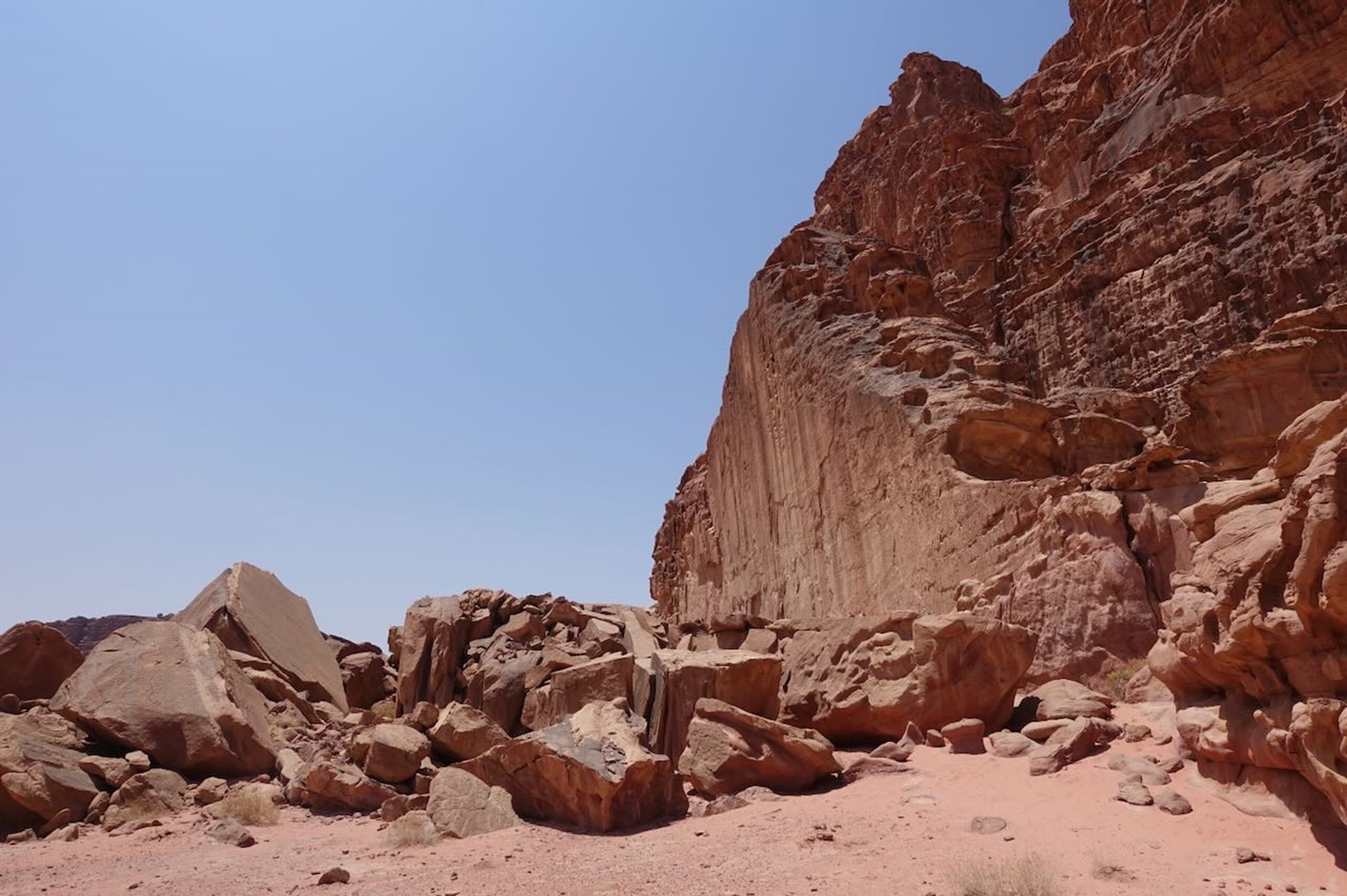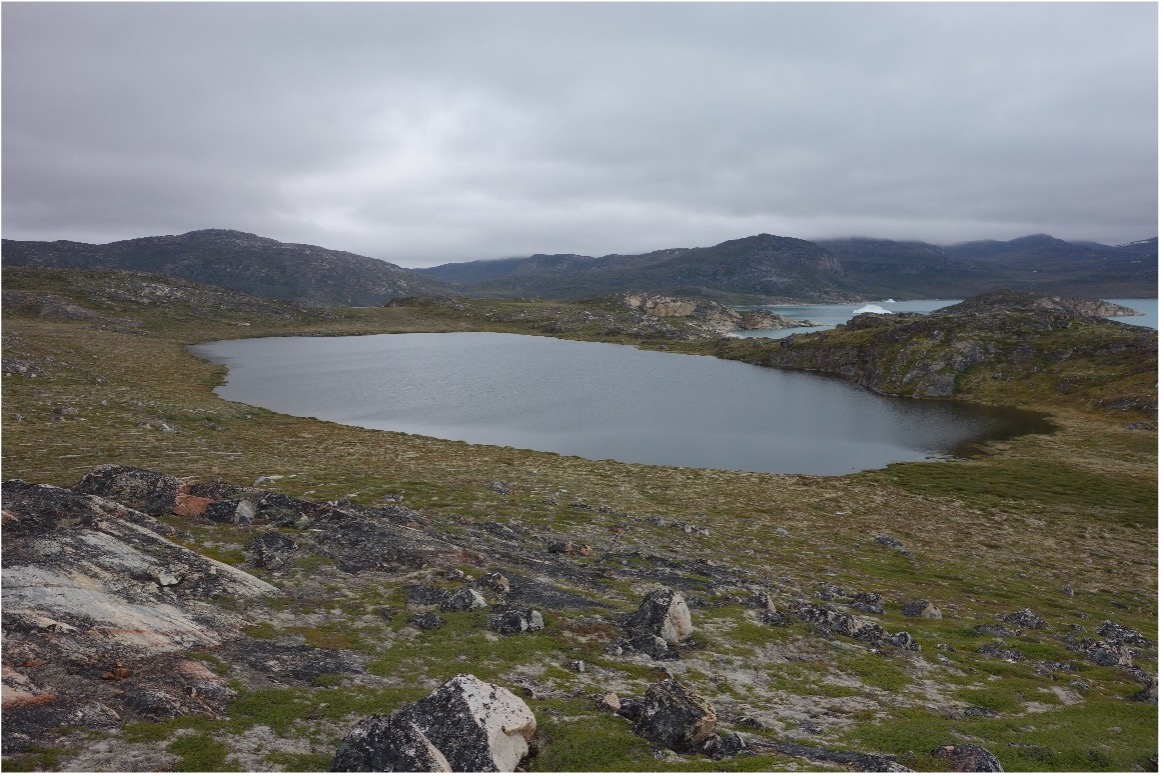Geography Available Research Project
Do rapid shifts in solar insolation drive rockfall via microcracking?
Project overview
Rockfalls are a key process in the evolution of mountainous landscapes, contributing to erosion and driving geomorphic change. Some rockfall events occur suddenly and without an obvious trigger; these events instead can result from long-term, gradual weakening of rock masses through a process of microcracking. Accumulation and connection of microcracks can eventually result in much larger failures and, eventually, rockfalls (Rosser et al., 2007). The controls on microcracking, however, remain poorly understood, but are influenced by environmental factors, particularly fluctuations in temperature and moisture (Eppes et al., 2016). In environments ranging from the surface of Mars to coastal rock cliffs in the UK, observations have been made that link rockfalls to often surprisingly rapid changes in controlling conditions. For example, the sun rising over steep cliff topography generates almost instantaneous heating as surfaces transition from shade to illumination. This corresponds with observed spikes in rockfall activity at dawn and dusk, mirroring anecdotal evidence by climbers of rockfall timing. This matters both from a hazard and risk perspective, but also in the context of a changing climate where the heating and cooling regime of rockslopes is likely to change.
Attempts to explain rockfall occurrence using, for example, regional weather data alone cannot fully explain rockfall occurrence. Similarly, direct observation of the local environmental conditions that appear to drive microcracking in situ remains challenging due to the inaccessibility and instability of rock slopes. This project will tackle these gaps in understanding through a novel long-term field experiment, employing acoustic emissions (AE) sensors to monitor microcrack activity in real time across model slopes of varying aspect and slope angle. By comparing AE data with contemporaneous environmental conditions specific to each model slope configuration, the project permits quantification of the influence of slope aspect and local topography on rates of microcracking and, by implication, rockfall occurrence on rock slopes in a wide variety of settings. The project will enable the student to develop skills in field data collection (acoustic emissions; geotechnical instrumentation); laboratory testing; geostatistics; and linking experimental data to questions at the landscape scale.
If you are interested in this project, please contact the project supervisors:
Professor Matt Brain (matthew.brain@durham.ac.uk)
Professor Nick Rosser (n.j.rosser@durham.ac.uk)
Professor Jeff Warburton (jeff.warburton@durham.ac.uk)
Key references
Eppes, M.C., Magi, B., Hallet, B. Delmelle, E., Mackenzie-Helnwein, P., Warren, K., and Swami, S.; Deciphering the role of solar-induced thermal stresses in rock weathering. GSA Bulletin 2016; 128 (9-10): 1315–1338. doi: https://doi.org/10.1130/B31422.1
Rosser, N., M. Lim, D. Petley, S. Dunning, and R. Allison (2007), Patterns of precursory rockfall prior to slope failure, J. Geophys. Res., 112, F04014, doi:10.1029/2006JF000642.
 Steep rock slope subjected to intense yet variable solar insolation, Wadi Rum, Jordan. Rockfall deposits are evident at the base of the slope. Photo credit: N. Rosser.
Steep rock slope subjected to intense yet variable solar insolation, Wadi Rum, Jordan. Rockfall deposits are evident at the base of the slope. Photo credit: N. Rosser.
Available Research Projects
See all of the currently available research projects that are recruiting students.
Research Masters
Our Research Masters provides an opportunity to develop your research expertise and advanced skills. Pursue your own top or collaborate on a project designed by a supervisor in our world-leading research environment.
Contact Us
Founded in 1928, the Department of Geography at Durham University is one of the leading centres of geographical research and education in the world.
Department of Geography
Postgraduate Study
Durham University
Lower Mountjoy
South Road, Durham
DH1 3LE, UK
Tel: +44 (0)191 33418000


/prod01/prodbucket01/media/durham-university/departments-/geography/Matt_Couchmann-3872X1296.JPG)




